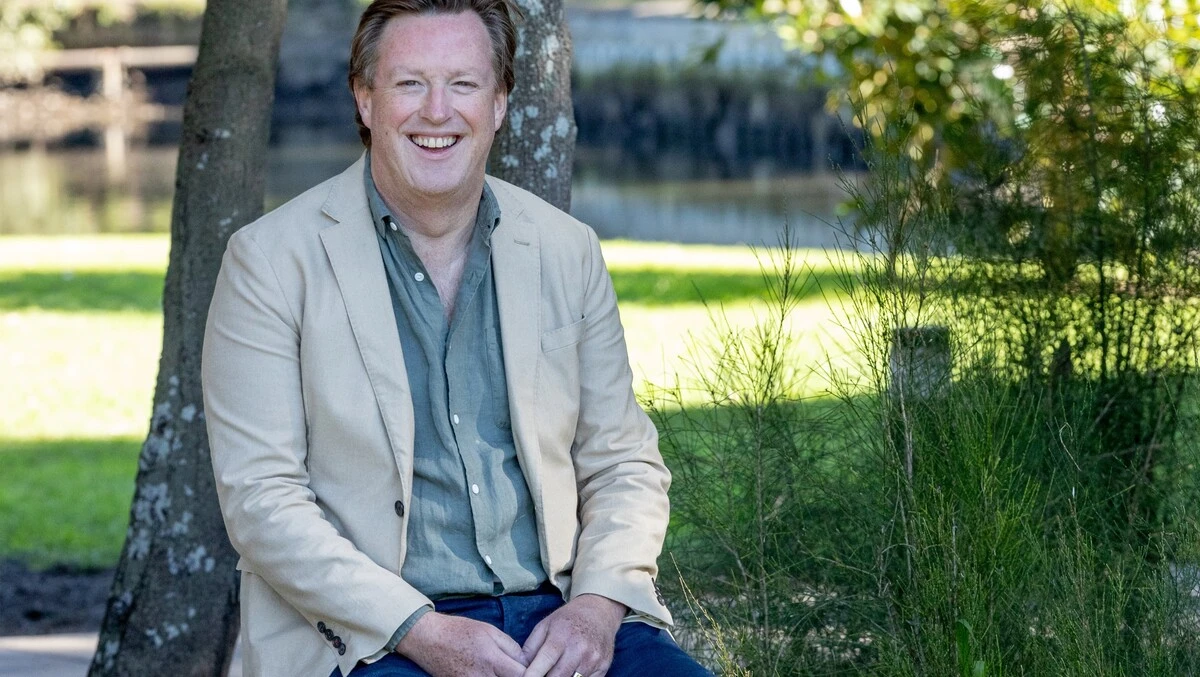
Swinburne & Sphere join forces for eco-friendly fintech solution
Melbourne's Swinburne University has entered into a partnership with Australian eco-fintech brand Sphere to promote personal climate action through innovative payment technologies. The collaboration aims to help consumers understand and mitigate their carbon footprint by using AI and machine learning to analyse card payments, providing solutions such as carbon offset projects.
Sphere's technology will estimate the carbon footprint of an individual's expenditure and offer opportunities to offset emissions through tree planting and restoration projects. The initiative is designed to work seamlessly through consumer banking apps and merchant checkouts. Sphere has set an ambitious target of offsetting more than 6.5 million tonnes of CO2 by 2027.
"Around 70 per cent of global emissions are generated by consumer buying behaviours, so broad adoption of this technology has the potential to make significant inroads into global emissions targets," stated Sphere's CEO and Founder, Jeroen van Son. "Giving people options to live a more sustainable lifestyle, as well as opportunities to offset the impact of their consumption, will create a better, more sustainable tomorrow."
The Sydney-based technology, originally developed by Verrency, has been rebranded to Sphere under this new partnership. The company has already secured collaborations with two major Asian banks, May Bank and Public Bank, and is looking to expand further. It is also partnering with Visa, targeting the APAC and CEMEA regions, potentially reaching over 200 million consumers in 100 markets.
Swinburne University is contributing its research capabilities and has joined as an equity partner in Sphere. The partnership aims to continually innovate the carbon action solution using advanced AI and machine learning techniques. "Swinburne is defined by digital innovation and future-focused research that brings people and technology together for a better world," said Dr Werner van der Merwe, Swinburne's Vice-President of Innovation and Enterprise. "In partnership with Sphere, we're proud to be a technological force for good, using state-of-the-art tech and research to drive sustainability impact at scale."
Professor Karen Hapgood, Deputy Vice-Chancellor for Research at Swinburne, emphasised the alignment of the partnership with the university's strategic focus areas. "Our researchers will help deliver social and environmental impact through smart digital products that show the links between consumption and carbon emissions," Professor Hapgood stated. "Using new AI-based methods to drive sustainability, our Digital Innovation Lab and the ARC Centre of Excellence for Automated Decision-Making and Society (ADM+S) will improve estimates of carbon emissions from consumer spending, behavioural patterns and transaction data. We'll also offer leadership in selecting best practice carbon offsets to drive genuine change on the path to net zero."
Stephen Benton, Sphere's Chairman, expressed confidence in the brand's market readiness. "We are in the enviable position of launching the brand in market with proven technology, an existing customer base, and an incredible research and equity partner in Swinburne University of Technology," Mr Benton said.
Salter Brothers Equities has been a staunch supporter of Sphere. Investment Director at Salter Brothers Equities, Tineyi Matanda, highlighted the potential for growth. "Sphere is helping financial institutions and merchants to empower their customers to understand their CO2 impact for every purchase and to offset their behaviour in real-time," Mr Matanda noted. Surveys indicate that sustainability is a priority for many consumers, with 62 per cent willing to change purchasing habits to reduce environmental impact.
This innovative project includes several Australian offset initiatives, such as the Yarra Yarra Biodiversity Corridor, Darling River Conservation Initiative, Darling River Eco Corridor, Kaleno Human-Induced Regeneration Project, and the Lakemere Human-Induced Regeneration Project.
.webp)

